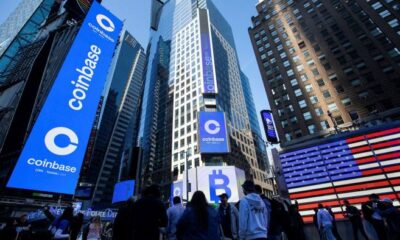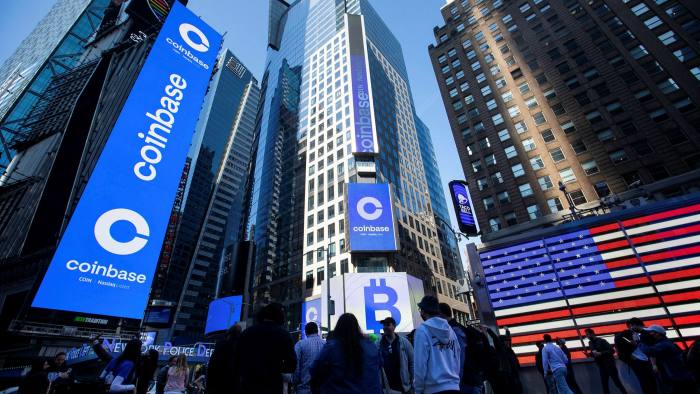The African Development Bank launched a A$600 million (US$463.9 million) 5.5-year Kangaroo bond, marking its return to the Australian dollar bond market.
The transaction, announced on 8 June, was led by Nomura and RBC Capital Markets. It is the institution’s first benchmark Kangaroo since early 2018 and its first in the mid-curve since 2015. It is also the largest AUD trade ever issued by the Bank. More than 30 investors participated in the deal, with a total order book of more than A$775 million, leading to an upsize of the trade from the announced size of A$250-300 million to the final size of A$600 million. These included a strong cohort of Australian investors, while fund managers were the major investor type.
African Development Bank Treasurer Hassatou N’sele said the Covid-19 pandemic had led to a rise in global issuances of social bonds.
“Following on from the ground breaking USD$3.1 bln 3 year ‘Fight Covid-19’ Social Bond we issued in 2020, we’re glad to see that public domestic markets, like the Kangaroo bond market, are now seeing similar development in terms of interest from dedicated ESG investors, which provided additional momentum enabling us to print the largest trade we’ve ever done in AUD”.
The African Development Bank’s social bonds have use of proceeds allocated to projects that alleviate or mitigate social issues such as improving access to electricity, water and sanitation, and improving livelihoods through flood-risk reduction and access to clean transportation and employment generation.
Recent KangaNews data show that the African Development Bank had A$1.75 billion of bonds mature between its 2015 benchmark deal and its most recent. Keith Werner, Manager of Capital Markets and Financial Operations, said 38 per cent of investors in the deal had a socially responsible investment approach and that the African Development Bank intends to issue more social bonds in Australian dollars.
“In addition to the important contribution that socially responsible investors had to the success of this trade, it’s also gratifying to see such a large portion of the investors (41%) were domestic, which is an area where we haven’t seen strong support historically. We look forward to leveraging this momentum and continue evaluating opportunities in the future in this market”, Werner said.
The Australian dollar is the fifth currency in which the African Development Bank has issued social bonds since it established the program in 2017, following deals in euros, US dollars, Norwegian kroner and Swedish kronor.
In December 2016, the African Development Bank launched its inaugural Kangaroo Green Bond. This transaction followed successful outings in USD and SEK Benchmark formats.
A Kangaroo bond is a foreign bond issued in the Australian market by non-Australian firms and is denominated in Australian currency. The bond is subject to the securities regulations of Australia. A Kangaroo bond is also known as a “matilda bond.”

 Forex2 weeks ago
Forex2 weeks ago


 Naira1 week ago
Naira1 week ago
 Naira4 weeks ago
Naira4 weeks ago
 Company News4 weeks ago
Company News4 weeks ago




 Naira1 week ago
Naira1 week ago




 Naira3 weeks ago
Naira3 weeks ago
 Billionaire Watch1 week ago
Billionaire Watch1 week ago




 Naira6 days ago
Naira6 days ago













